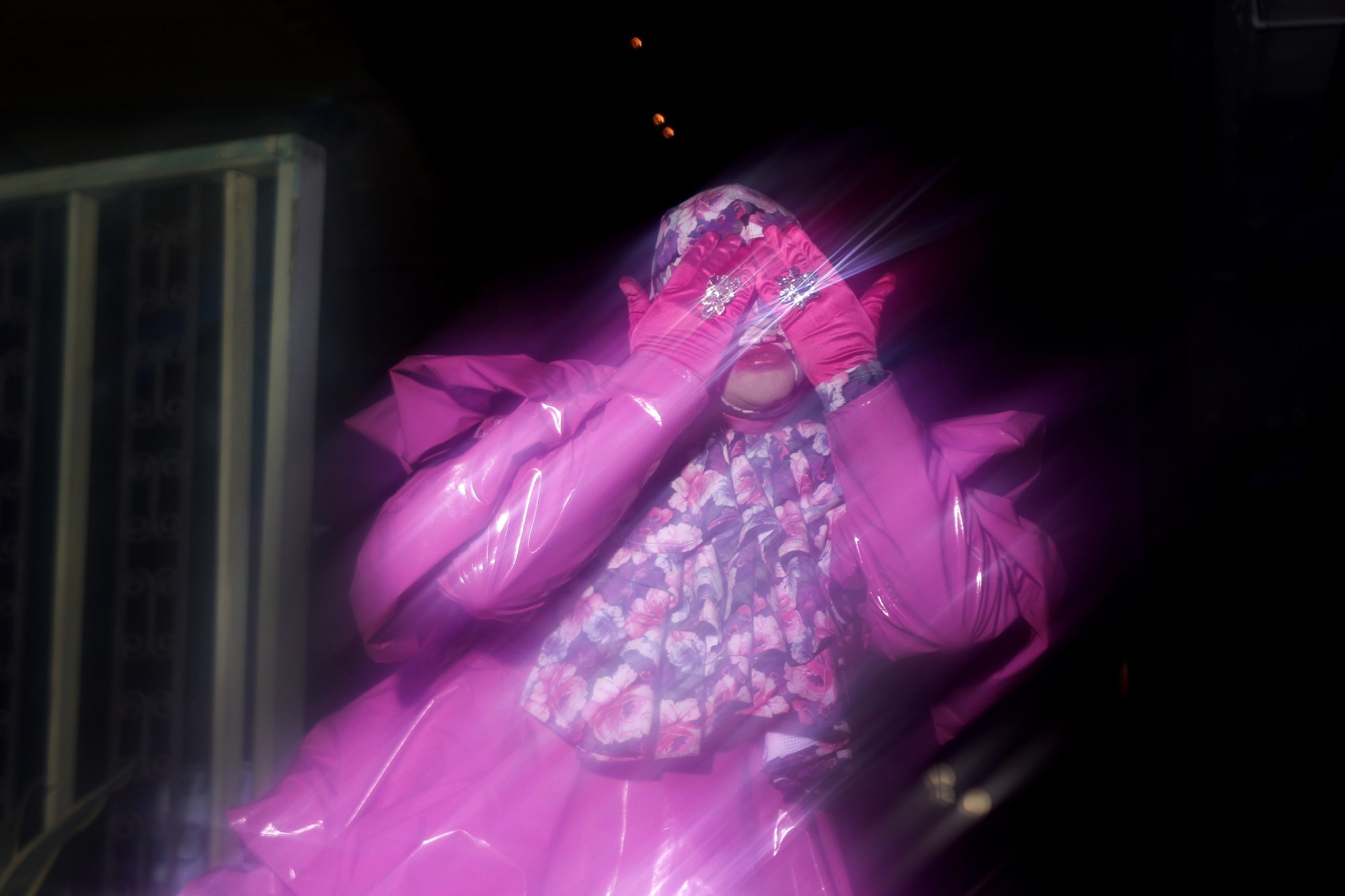On February 15, US President Donald Trump declared a national emergency to bypass Congress and free up billions for a border wall between the US and Mexico. The alleged national emergency? A migrant caravan of several thousand people that arrived at the border fleeing violence in Central America. i-D travelled to Tijuana in December 2018 to report on the situation first-hand. The result was i-D’s latest documentary Tijuana: A Mexican Dream, which you can watch here.
Tijuana, Mexico, is a border city that’s become synonymous with gang violence and migrant camps. But there is more to Tijuana than just news headlines; the place is a hotbed of creativity. And at the heart of the city’s art scene are two queer collectives, who focus on organising live performances, installations and club nights across town: their names are La Sagrada Familia and Drag Mafia.
i-D spoke to a five of the groups’ most extra personalities to find out a little more about TJ’s flourishing LGBTQ+ culture.
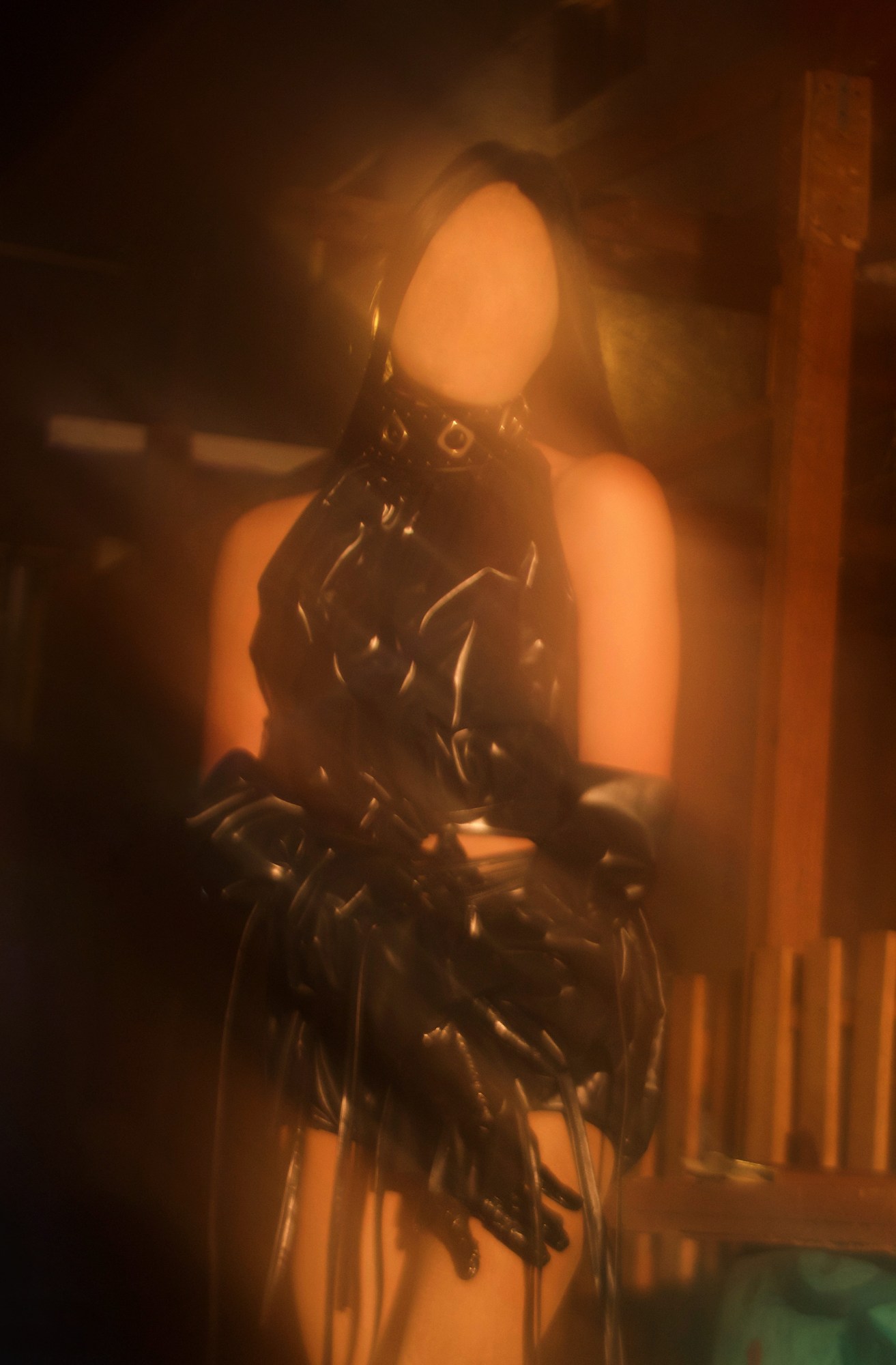
MUXXXE (Visual Artist, Reggaeton Singer)
“My work stems from several concepts, starting with identity and gender, and touching on issues that have to do with Mexican-ness and border-life. I believe that in a time where social networks feed on our personal information and our need to be recognised, MUXXXE offers up another possibility. Tijuana, which is also where I was born, is the best place for me to start my career. It is very diverse and interdisciplinary. There are all kinds of creatives here, and I find the way we coexist and collaborate very interesting.
The most common misconception view of Tijuana is that it’s a small town where nothing happens; or a dangerous city ruled by prostitution, organised crime and narcos. All of that exists and will continue to do so, but this place has a lot more to offer than that. There is also a lack of safe spaces for the LGBTQ+ community but, in the last few years, several initiatives and projects were started in order to enable young people to interact. Drag Mafia and La Sagrada Familia are a couple of them.” @m_u_x_x_x_e_gusto
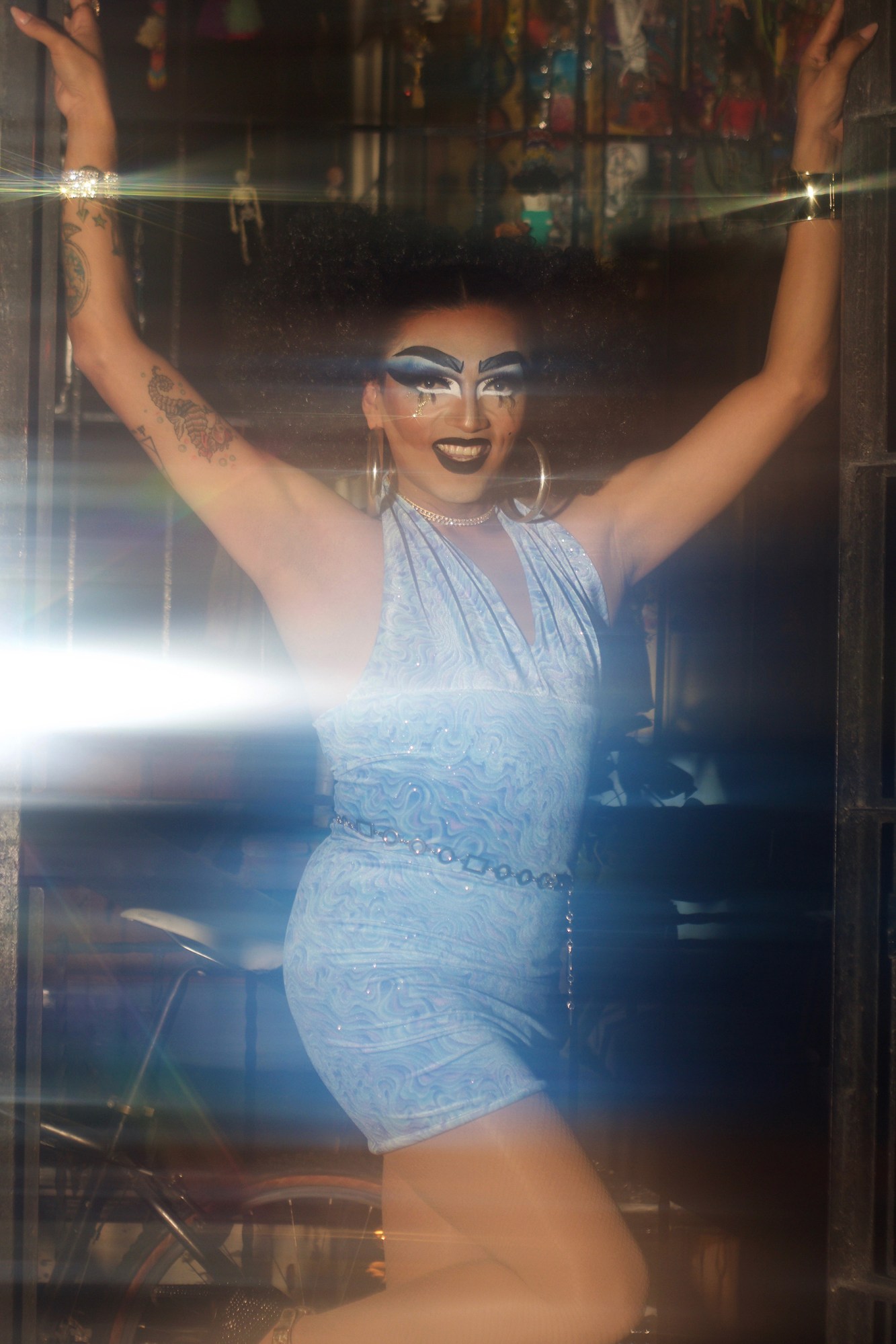
Isaiah aka Palmira del Mar (General Director of La Sagrada Familia)
“I came to live in Tijuana, in order to attend university. Obviously, I am a drag queen: when I transform and present my character to people, I feel I am part of a Mexican border surrealist world. For me to be a drag performer in Tijuana is a privilege. Fortunately, I am able to leave a party in drag and get back home safely. Every time I do it, I think of all those members of the LGBTQ+ community who’ve lot their lives because they dared express themselves.
Whatever ideas people have about Tijuana may very well be true, but in order to talk about our reality you first need to live it, feel it, contemplate it, come here and fill yourself with it. Xenophobia, discrimination and sexism exists everywhere, but you can’t know what a place is actually like if you’ve never been there. Our city has a lot of issues, but we are making some noise here. If we don’t make noise, who the fuck is going to? @palmiradelmar
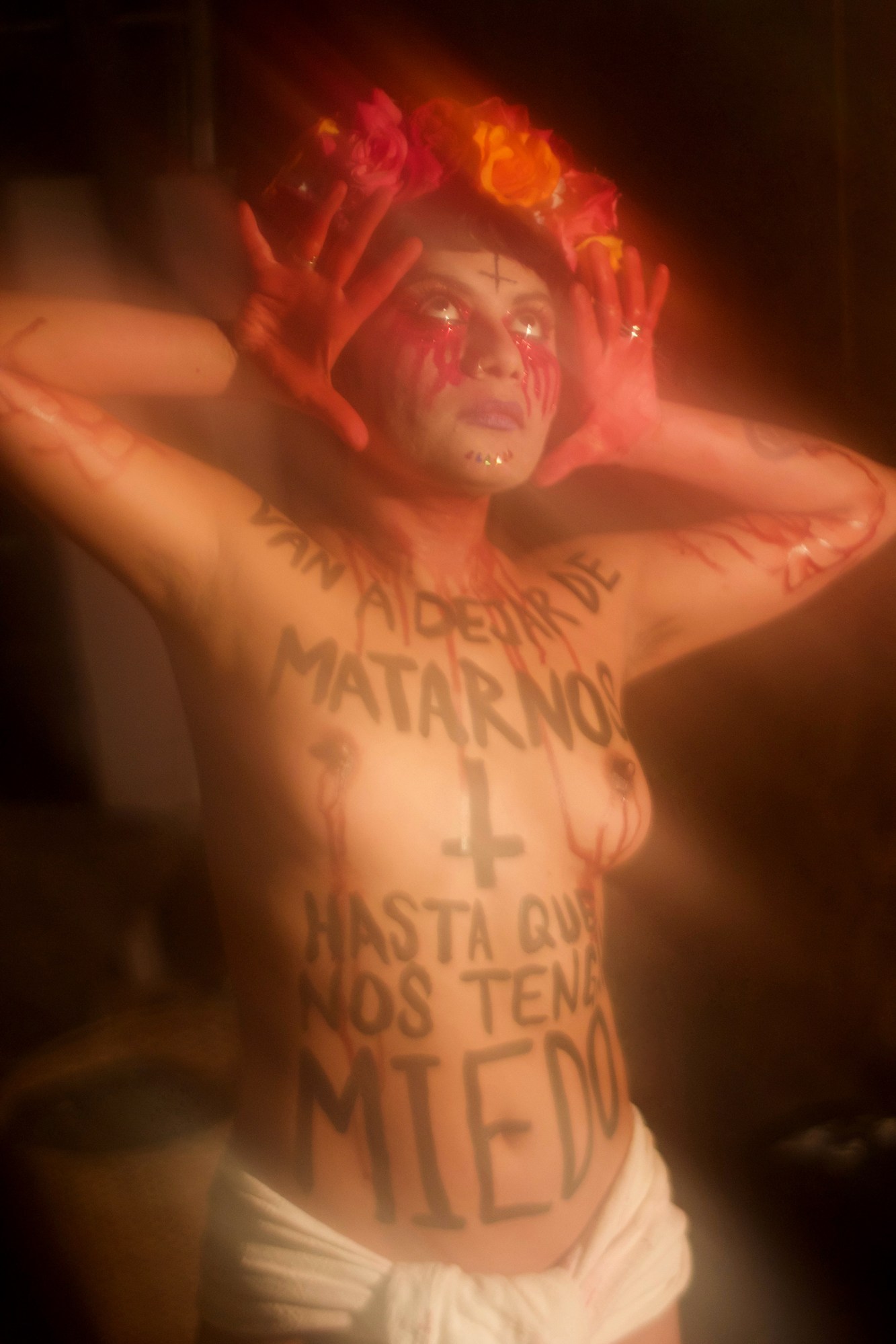
Betania Sabá aka Feminasty (‘Deformance’ and Cabaret Artist)
“I am a volunteer at an anarcho-feminist community centre and I do ‘deformance’. Tijuana disgusts me because of the border situation and all the violence that has conditioned us. In the midst of all this filth, we have a creative community, trying to survive and transform our environment with political and artistic work. We are unpredictable beings who invent fantasy worlds in order to escape from reality, and at the same time expose that reality.
We are faced with a society that embraces the capitalist system and commodifies everything. Unfortunately the LGBTQ+ community here in Tijuana is no exception, except it’s a pink market. The meeting spaces are only bars with transvestite shows focused solely on the gay community – the rest of the spectrum is invisible. Sexual education is also insufficient.
My goal as a ‘deformer’ is to open up bridges of communication and provoke reactions using the body as a canvas, as an object and as a subject. My aim is to deconstruct the fascist ideas that have been ingrained in our systems through religion, culture and unstable institutional education. On an international level, the work of San Francisco-based arts organisation La Pocha Nostra has done an incredible work of motivating new performers to fill the streets and their life with live art. We must have as much consistency as possible between theory and practice. I still don’t know if I have achieved that, but it is certainly my goal.”
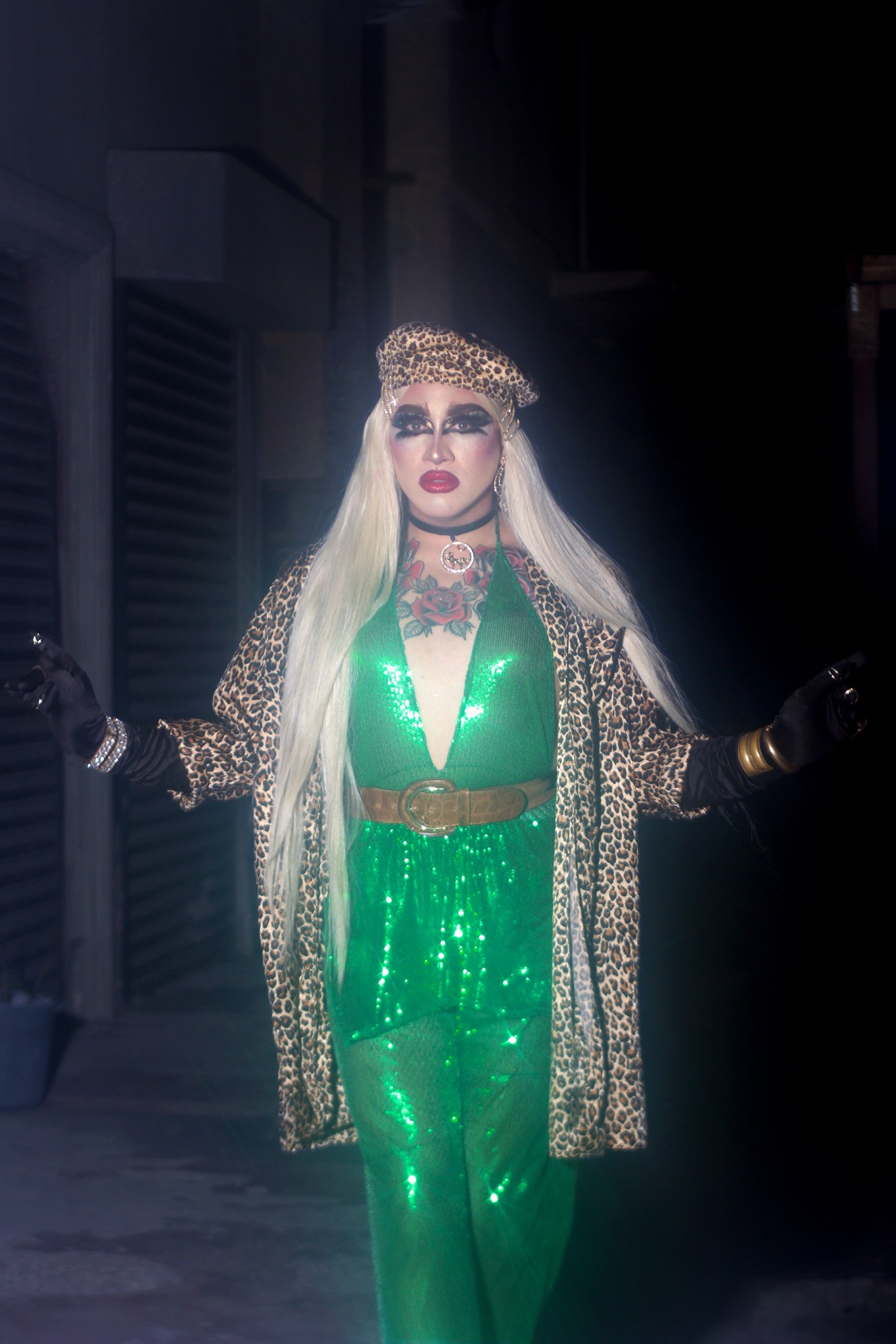
Mario Larios Ocegueda aka Santana Herrera (Drag Performer/Drag Mafia)
“I love Tijuana, it’s one of the most inclusive and diverse cities in Mexico. People come from everywhere looking for the ‘American Dream’ but most end up stuck here, so we have a bit of everything. Through Drag Mafia we have exposed Tijuanans to the world of drag. We offer our platform to those interested in experiencing or creating their own art. We don’t just do drag for the fun of it, we also raise funds for good causes. Nightlife is essential to our community, it’s where people who think like us can meet. Nightclubs to me are safe spaces we I can be myself without being judged.
When social networks started to be developed, we became exposed to social and cultural issues that defy borders. We realised that we were not alone, in fact we are everywhere. Everything is temporary and we are where we want to be.” @the.santana.herrera
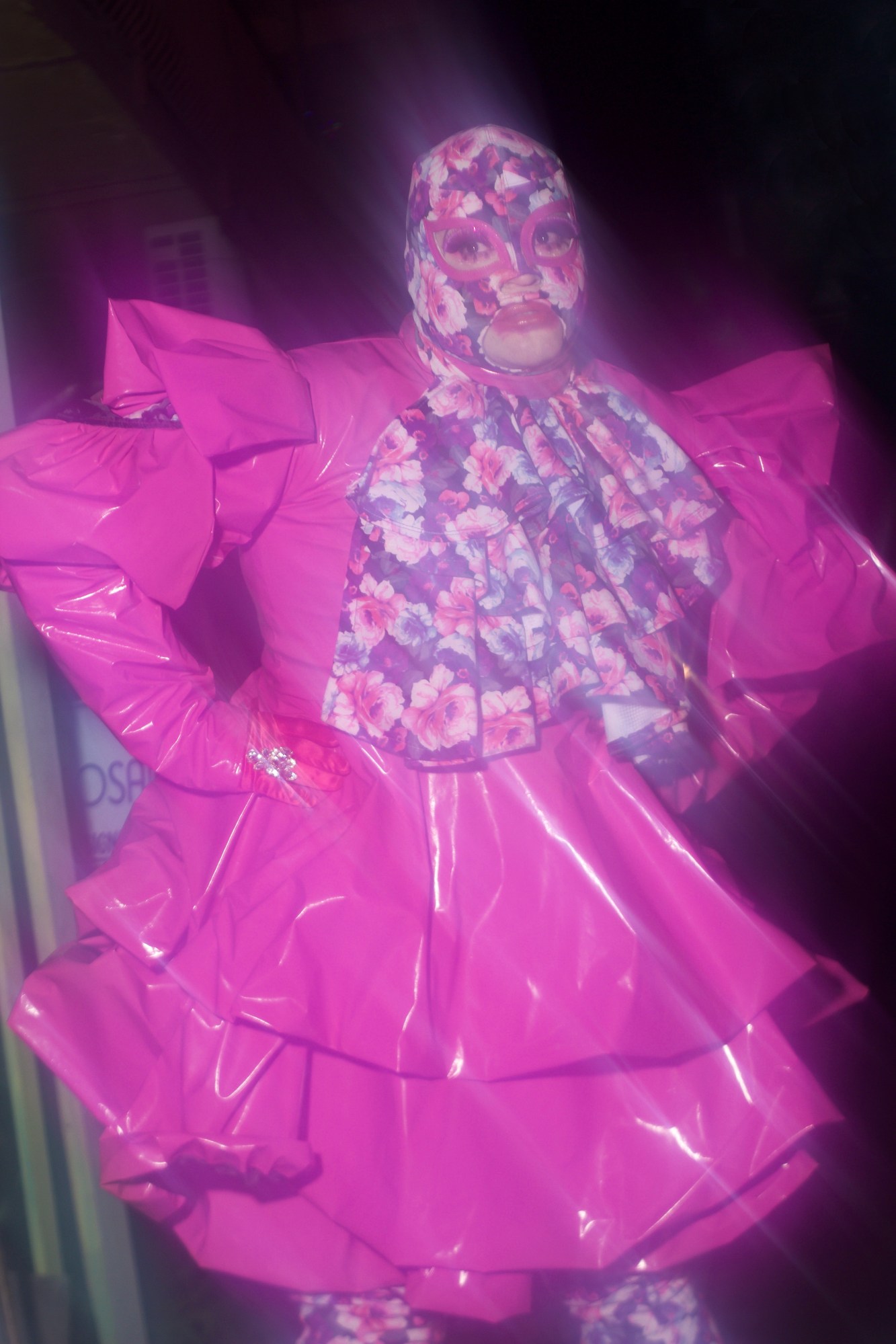
Daniel Casillas aka COLORETEADA (Host/La Sagrada Familia)
“I am a club kid/drag queen and the host of the best and funniest parties Tijuana has to offer. I am also recording music with my band Holocausto Maniqui and soon I will be touring all over Mexico with this project.
Tijuana is a glorious celebration of art. It is full of culture, life and freedom. As La Sagrada Familia, we are the confetti of the night. I always reinvent myself with each group of queer artists that come out on the scene. I would hate to be forgotten – being forgotten is not my thing! I am a royalty of the night: I was the first drag queen in this city and I was hosting at heterosexual bars way before being a drag queen was fashionable.
My next goal is to enter the Mexican reality show of La Más Draga (The Most Drag). Being part of that drag queen elite is my dream. I developed my character with the goal to make the world get over the idea that queers belong only in gay bars. I fought hard so that queer people in Tijuana can go out dressed-up and made-up to any bar they like. I will continue fighting and I will open more doors. I’ll even open the one to hell when the time is right.” @lacoloreteada
If you would like to help or find out more about the crisis in Tijuana please visit: www.borderangels.org
